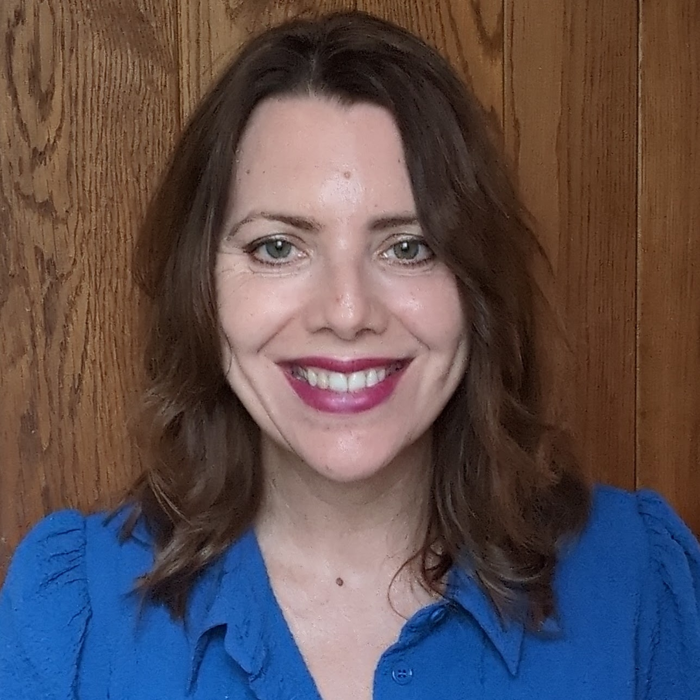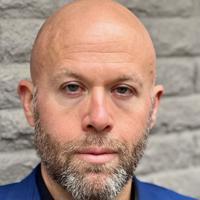On the Nose: Nasality as Percept and Physical Reality
Thursday 9th May 2024, 5:00 PM - 7:00 PM (London Time)
Nasality has a long history of consideration in singing teaching. Even early voice treatise author Pierfrancesco Tosi addressed nasality in his writing, stating: “…the voice of the scholar… whether it be di petto or di testa, should always come forth neat and clear, without passing through the nose, or being choked in the throat; which are two of the most horrible defects in a singer". Tosi’s quote reveals an obvious stylistic aesthetic preference, but one that was likely based on tone or timbre, rather than any physical reality.
Empirical studies that have sought to ascertain whether expert listeners agree on the timbral quality of 'nasality' have historically fallen short of finding listener agreement on the sound of perceptual nasality. Still, if you inquired of voice teachers whether they could perceptually identify nasality, most often they would claim that they could.
There have been other studies which have measured velopharyngeal opening by means of acoustic or aerodynamic signal through the nasal cavity during singing. Most of these have focused on the use of nasal airflow near passaggi.
This course will address three perspectives on nasality:
1) Distinctions between nasal airflow and audio signal (velopharyngeal opening) and perception;
2) Deciphering between the two timbral qualities commonly related to nasality - twang and honk - and which are related to velopharyngeal opening;
3) The pedagogic usefulness of velopharyngeal opening to reduce laryngeal instabilities near points of registration shifts.
Nicholas Perna
Tenor Nicholas Perna is Associate Professor of Voice and Producer for Lyric Stage at Mississippi College, Vice President for Outreach for NATS, the creator and co-host of the VocalFri Podcast, and has presented research on four continents. His voice has been hailed by the Houston Chronicle as “an impressive sound", and the South Florida Sun Sentinel praised his “emotionally driven performance".

Attend this course for as little as £22 as part of the Voice Professional Training CPD Award Scheme.
Learn MoreSorry, this is an archived short course...
We have plenty of upcoming short courses coming soon. See details of some of them below or look at the full list of short courses.

Tuesday 13th January 2026
5:00 PM - 6:30 PM
Tuesday 20th January 2026
5:00 PM - 6:30 PM
Tuesday 27th January 2026
5:00 PM - 6:30 PM
Tuesday 3rd February 2026
5:00 PM - 6:30 PM
Tuesday 10th February 2026
5:00 PM - 6:30 PM
(London Time)
Introduction to Postgraduate Academic Skills - Join Live!

Debbie Winter
Are you ready to elevate your academic journey? Hosted by our very own Debbie Winter, join our comprehensive Introduction to Academic Skills course, designed to equip you with essential tools and strategies for success in higher education. Perfect for bridging the gap between undergraduate and postgraduate study, this course offers a pathway to our full MA for students without an existing degree. We offer both live, interactive sessions and standalone, pre-recorded content.

Thursday 15th January 2026
5:00 PM - 7:00 PM
Thursday 22nd January 2026
5:00 PM - 7:00 PM
Thursday 29th January 2026
5:00 PM - 7:00 PM
Thursday 5th February 2026
5:00 PM - 7:00 PM
Thursday 12th February 2026
5:00 PM - 7:00 PM
(London Time)
Trauma-Sensitive Voice Professional Certificate with Dr Elisa Monti

Dr Elisa Monti
Updated for 2026, this five-part certificate course is designed to help participants learn the theory and practice of trauma-sensitive approaches. The concepts and activities included are tailored to meet the needs of voice specialists who want to acquire more specific tools to navigate the space with their students and colleagues.

Monday 9th February 2026
5:00 PM - 7:00 PM
(London Time)
Certificate in Applied Voice Pedagogy with Adam Roberts

Adam Roberts
Spring Immersive - live and interactive learning! This 12-week online programme is designed for voice professionals committed to deepening applied voice pedagogy skills and advancing professional practice. The course offers a rich environment to reflect on your teaching philosophy and develop applied pedagogical techniques. It is ideal for voice teachers, coaches, therapists, and performers seeking to bridge foundational knowledge with practical, student-centered applications.
